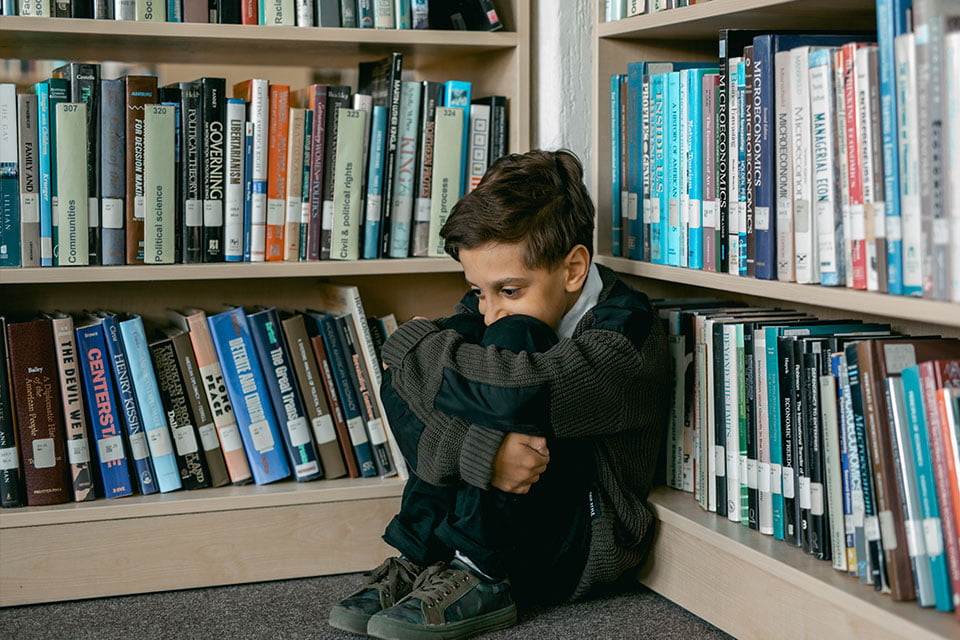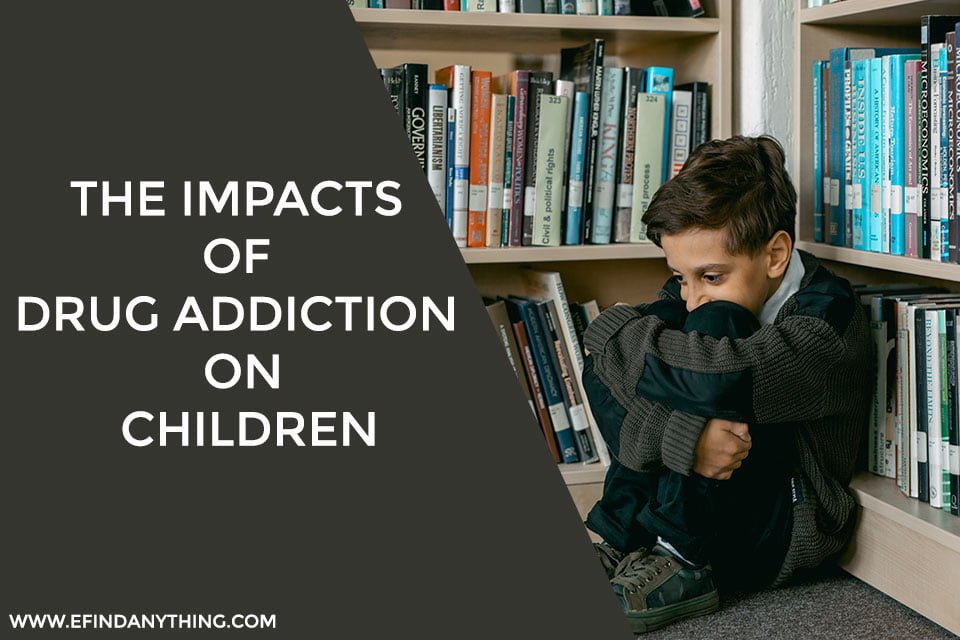
Addictions and substance use compromise the life quality and safety of the entire family, mainly little children and adolescents. Parental substance abuse transforms a welcoming home into a chaotic warzone.
Children constantly walk on eggshells to avoid parental rage and maintain peace by complying with erratic and irrational demands. They watch their parents undergo numerous personality changes caused by substance use and drug dependence.
Parents become unreliable and inconsistent, acting as the doting caregiver when sober and nonchalant housemates when they’re high. This inconsistency and unreliability foster disbelief, leaving children to fend for themselves and take responsibility from a very young age.
Households with drug addicts struggle with financial hardships, resulting in reduced opportunities for children. Let’s take a closer look at the impacts of parental substance use on children and teenagers.
Table of Contents
Disruptive & Unhealthy Family Dynamics
Substance use and drug addictions disrupt the family dynamics, rupturing the parent-child relationship with patterns of selfish indulgence. In most cases, the family dynamics revolve around the behaviors and choices made by the parent with substance use problems. Parents struggling with substance use exhibit selfish and hurtful behaviors, acting like tyrants and blaming others for their shortcomings.
Teenage children often act as the parent to look after their younger siblings and perform domestic duties. They fail to achieve their parental responsibilities, often compromising the safety of minor children, especially toddlers and infants. Parents with substance use issues often waste the monthly budget on drugs, leaving the family struggling with numerous challenges.
The Palm Beach Institute offers various services to help with substance abuse. With drug rehab and detox treatments, they can get you on the right track toward total wellness.
Children cannot discuss their parent’s addiction, neglect, and negative behaviors and forcefully maintain the façade of normalcy. This façade takes a toll on their emotional and mental well-being. Most children are pushed into a denial of their parent’s drug dependence, fragmenting their sense of reality and make-believe. Growing up in a dysfunctional and disruptive household triggers the onset of various mental illnesses, including chronic depression and stress.
Physical Defects & Neglected Needs
Children of addicted parents often begin showing signs of physical defects and deformities during pregnancy. Mothers who don’t abstain from drug use during pregnancy give rise to various brain defects and deformities in infants. Such children have underdeveloped body organs, stunted growth, and brain-related issues.
Many children suffer from mental illnesses, attention, and attachment disorders due to drug use during pregnancy. Living with a parent constantly under illicit substances sets the stage for numerous physical and mental illnesses.
Substances often cause parents to lose their sense of morality, indulging in promiscuous behaviors in front of their children. For instance, children start showing symptoms of stress and anxiety and tend to develop migraines and asthma. They are sometimes driven to verbal, physical, and sexual abuse, leaving the child physically and emotionally scarred.
Children survive in an environment marked by social isolation, loneliness, and extreme neglect, with parents solely focused on sustaining their addictions. Malnutrition, unhygienic living standards, and neglected needs expose children to viruses, bodily illnesses, and emotional turmoil. Children are likely to develop chronic depression and gravitate towards self-harm, such as suicide or scarring themselves.
Issues Caused by Chaos & Insecurity
Children born to addict parents grow up in an environment governed by chaos, turmoil, heartbreak, and deep-rooted insecurities. Children don’t receive love, care, support, and encouragement from their parents and are shunned by their communities. They lead lives as social pariahs and perform poorly at school because no one expects them to do well.
Children who perform well at school and within the community are often discouraged and degraded by addicted parents. These parents are largely absent from their child’s lives and do not invest in their upbringing, development, and growth. They create a void that is never filled, resulting in long-term issues as children embark on adulthood.
Unfortunately, most children raised in homes where parents abuse drugs are highly likely to struggle with substance use and addiction. The absence of a parental figure leaves children with a deep-rooted disrespect for authority, evolving into a rebellious streak. These children learn from their parents that acting out is the only way to get attention.
Emotional Turmoil & Never-ending Trauma
Addictions fracture the bond between parent and child, setting the stage for never-ending emotional turmoil and lifelong trauma. Our childhood is a source of endless comfort, and healthy child development makes us healthy and positive-minded adults. If one’s childhood is riddled with episodes of child neglect, abuse, and sexual trauma, finding comfort and closure becomes a lifelong struggle.
Many children with addicted parents grow up to become adults struggling with attachment, attention, depression, and suicidal thoughts. Others develop the same addictive patterns as their parents, mirroring their lives with the same behaviors and indulgences.
Final Thoughts
Living with a parent who solely cares about fulfilling their substance addiction creates a childhood filled with trauma and neglect. Many children try to lead healthy lives and take responsibility, such as finding jobs.
Unfortunately, local communities also deny them love and support, and a few stand up against addicted parents. There’s a pressing need for awareness and social support to help children struggling with parental substance use and dysfunctional family dynamics.





